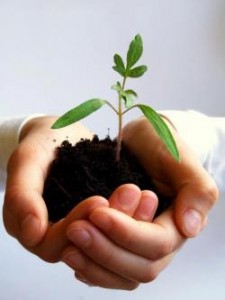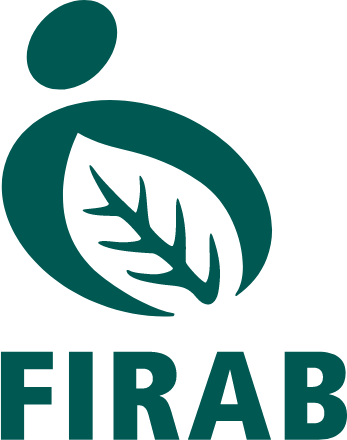-
AgroEcologyFund project
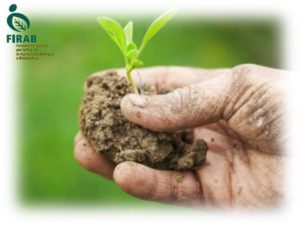
FIRAB (the Italian Foundation for Research in Organic and Biodynamic Agriculture) has a stated mandate: to support organic farming, valuing its innovation potential. It is a scientific mission with explicit socio-political connotations.
Organic is in fact intended as a codified method of production as well as a development model aimed at regenerating the food system through inclusivity, quality and ecology. In this perspective, agroecology represents a ‘natural’ connective factor, bridging method, model and people.
It is no coincidence that organic farming is known in some Latin and Germanic languages, as ecological agriculture, highlighting distinctive aspects such as conservation of soil organic matter, custody and enhancement of (agro)biodiversity, protection of natural resources, provision of ecological services. To achieve these underlying objectives, in the framework of the AgroEcologyFund initiative, FIRAB carried out a few projects aiming at keeping technical and socio-relational aspects unite: technical improvement of agroecological practices through on-farm co-experimentation (APIOB); exploration of ancient and local wheat varieties potential through participatory breeding (SEMENte parTEcipata); elaboration of suitable methodologies to foster collaborative innovation processes in organic agriculture under the European Innovation Partnership framework (PEI-AGRI-BIO); networking meant to democratize research in food and agriculture in Europe (DARE).
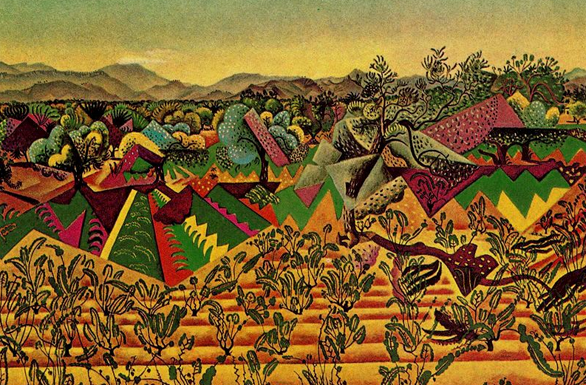 These FIRAB initiatives had various fils rouges to orient their trajectories.
These FIRAB initiatives had various fils rouges to orient their trajectories.Firstly, this wide-ranging research and social agenda is inspired by the ambition to radically reform the food system. To achieve this paradigm shift, agroecology proves to be a supportive essential component: it is instrumental to realize more economic and environmental sustainability and it is a goal per se, being a precondition for a more autonomous food production, emancipating from upstream input providers and downstream opportunist value chain players. Reconciling agronomy and ecology, two fields that have often proceeded on parallel tracks, may thus be a political act when articulated around people’s needs and capacities.
Secondly, producers’ knowledge and community protagonism are essential features in these projects. Participatory practices are becoming a must to legitimize development pathways. Yet, they are often simply proclaimed and rarely substantiated. This is not necessarily only due to cosmetic intentions and misuse of egalitarian jargon, but also to a lack of tailored methodologies, common languages among co-innovation actors, enabling policies and attitudes. In all AEF-related projects, FIRAB worked to explore conditions and practices for a genuine integration of farmers’ know-how and expectations, setting up fora around collaborative practical work, processes and policies.
Thirdly, participatory processes need to scale up to the decision making level. For FIRAB this implied at least two engagement points: reporting project activities’ findings and considerations to agricultural and research institutions in order to have those conclusions reflected in the institutional strategic and administrative undertakings; advocate for meaningful actors’ inclusion in policy discussion. The first has been particularly enacted through the EIP explorative project, whose implicit objective was to identify minimum criteria for a thorough implementation of a co-innovation agenda to be deployed in the organic sector. Regional and national agricultural and research policy makers have thus been presented proposals and constraints around collaborative knowledge creation and sharing in farming. The latter inevitably requires a critical mass for power shift as well as a structured set of suggestions to shape new conditions for agricultural research: a manifesto on how to democratize agricultural research in Europe represents an attempt to coagulate efforts in this direction.
The above mentioned considerations are more fully discussed in a scientific paper (Delate et al. Participatory Organic Research in the U.S. and Italy: Across a Continuum of Farmer–Researcher Partnerships, Renewable Agriculture and Food Systems, accepted on 30 May 2016), which attempts to compare the extent of participatory organic research activities and experiences in Italy and in the U.S. through a survey conducted among organic farmers and researchers, with the aim to ascertain their co-innovation vision and understanding. For FIRAB, one of the implicit aims of the paper is to influence the scientific community on worth and constraints of participatory processes in organic and agroecological agricultural research.
Finally an inspired blend of philosophical, practical and scientific considerations around agroecological peasant farming is reflected in a producers’ self-funded video, to which FIRAB gave his patronage. The video will be made available in the next months, but a short version is currently available.
